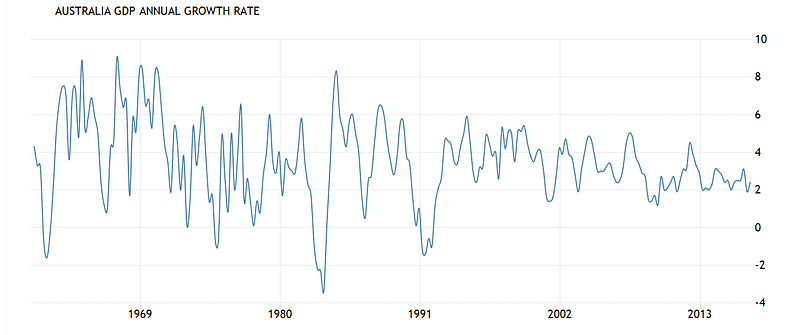Though Silicon Valley Bank contributed to its own demise, the root cause of this crisis is the fact that private banks own government bonds. If they didn’t, then SVB would still be solvent.
Its bankruptcy was the result of the price of Treasury bonds falling, because The Federal Reserve increased interest rates. As interest rates rise, the value of Treasury Bonds falls. With the resale value of its bonds plunging, the total value of SVB’s assets (which were mainly Bonds, Reserves, and Loans to households and firms) fell below the value of its Liabilities (which are mainly the deposits of households and firms), and it collapsed.




